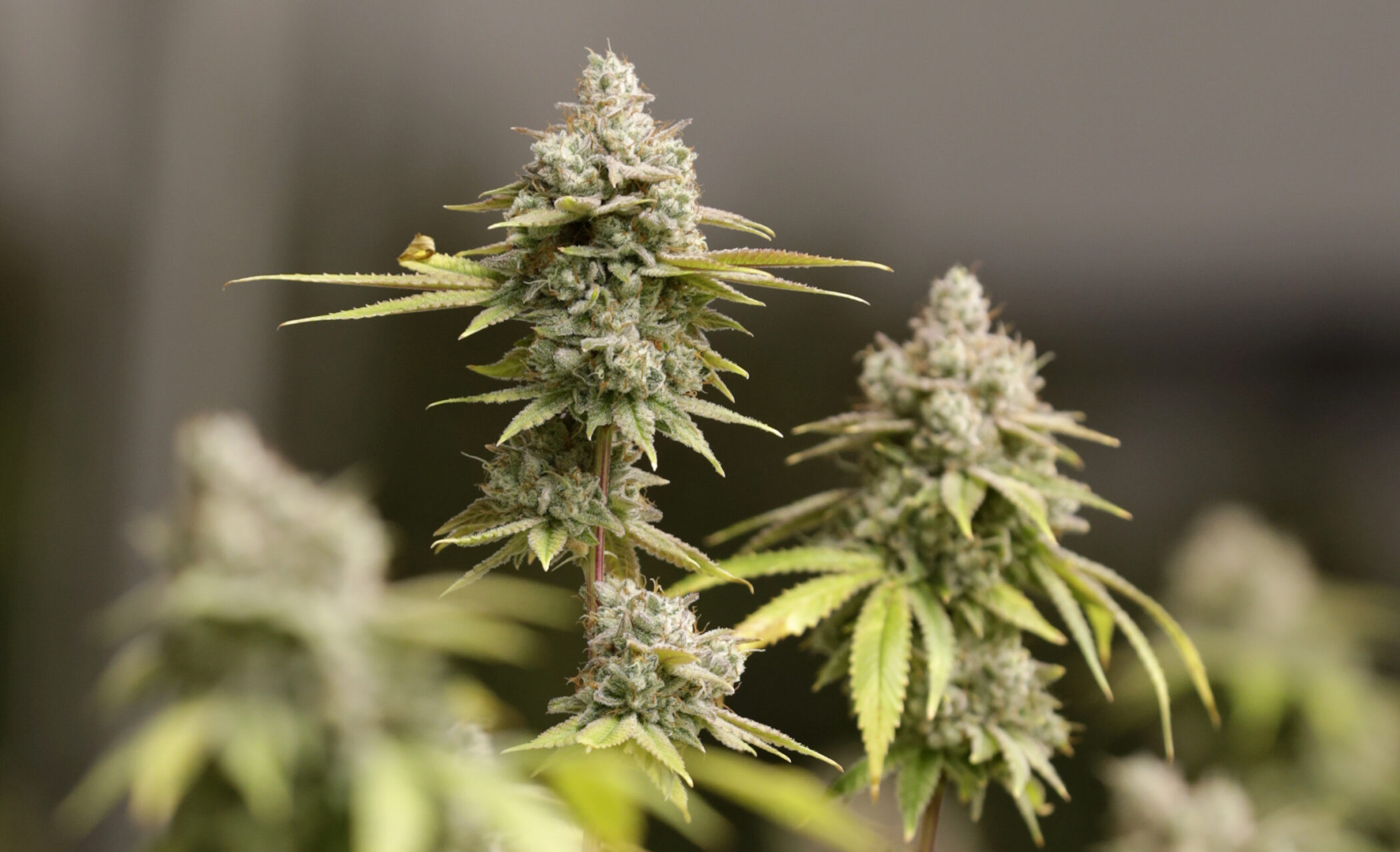North Carolina Senate Approves Medical Cannabis Legalization Bill
LOS ANGELES- The North Carolina Senate gave final approval to a medical cannabis legalization bill this week, sending the proposal to the House for consideration. Notably, the proposal would not legalize adult-use cannabis even under federal reforms.
The North Carolina Senate on Monday passed a bipartisan medical cannabis bill that includes changes aimed at getting the measure through the House, which has for years killed similar measures, WTVD reports. The measure passed Monday includes provisions that would not allow adult-use cannabis legalization unless approved by the legislature, even if the federal government were to legalize cannabis broadly.
The bill was initially passed last week, tacked on to a hemp regulation bill which includes enhanced regulations on the state’s existing hemp and CBD products.
In an interview with WTVD, Dr. David Casarett, a palliative care fellow at Duke University, noted that under the current state ban on medical cannabis, he is unable to talk about cannabis with his patients.
“I need to work within the bounds of what’s legal. I also need to help my patients and I also need to be open and willing to talk about it because, you know, if a patient comes to me and asks me about medical cannabis and I say it’s illegal, I can’t talk about it, I’m basically shut off.” — Casarett via WTVD
House Speaker Tim Moore has said that he supports legalizing medical cannabis but that the proposal is unlikely to be considered in the House because not enough House Republicans support the issue. The new language seeks to get the approval from the chamber’s more conservative members.
Legislative Details and Healthcare Impact
The passing of the medical cannabis bill marks a significant milestone in North Carolina’s approach to medical cannabis. By including key amendments, lawmakers have shown a willingness to find common ground and address the reservations that led to past rejections.
One of the critical changes in the newly passed bill is the inclusion of stringent provisions against adult-use cannabis legalization. This measure ensures that any shift towards recreational use would require separate legislative action, thereby preventing automatic legalization even if the federal government were to approve it. This cautious approach aims to gather broader support within the more conservative factions of the legislature.
House Speaker Tim Moore has expressed his backing for medical cannabis legalization. However, he acknowledges that not all House Republicans are on board, indicating that further efforts will be needed to secure sufficient support. Moore’s stance exemplifies the complexities involved in achieving consensus on this issue despite growing recognition of medical cannabis’ benefits.
Healthcare Professionals’ Perspective
The push for medical cannabis legalization is not just a political dialogue; it’s also a healthcare imperative. Medical experts, like Dr. David Casarett from Duke University, have voiced frustration over the current state ban that hampers their ability to discuss potential cannabis treatments with patients. Their advocacy underscores a critical aspect of the debate – patient care.
Dr. Casarett’s comments highlight the tangible impact of the ban on healthcare providers and patients alike. For practitioners who specialize in palliative care, cannabis can offer a substantial improvement in managing symptoms like chronic pain and nausea commonly experienced by their patients. The inability to legally incorporate or even discuss such treatments due to restrictive laws poses challenges to providing comprehensive care.
Public Sentiment and Future Prospects
Public sentiment around cannabis, particularly for medical use, has evolved considerably. Increasing awareness of its therapeutic properties has prompted many states to reconsider their stance on legalization. North Carolina is no exception, with polls indicating growing public support for medical cannabis.
The changing views on cannabis reflect a broader trend across the United States, where stigma is gradually being replaced by understanding and acceptance. This shift is driven by both anecdotal success stories and an expanding body of scientific research highlighting cannabis’ medicinal benefits. The movement towards legalization in North Carolina is part of this larger national narrative.
Challenges and Legislative Path Forward
The passage of the bill through the Senate is a promising step forward, but the journey towards full legalization remains complex and uncertain. The dynamics in the House will be crucial, where continued negotiations and strategic alliances will determine the bill’s fate.
Despite the progress made, substantial challenges lie ahead. Convincing skeptical lawmakers, addressing concerns about potential misuse, and ensuring robust regulatory frameworks are necessary steps. It will require sustained effort and collaboration from proponents to navigate these obstacles effectively.
The next steps involve detailed committee reviews, potential amendments, and debates in the House. Each stage presents opportunities for refinements to the bill and for advocates to strengthen their case. Transparent discussions and evidence-based arguments will be essential to moving closer to enacting the legislation.
North Carolina’s recent legislative developments around medical cannabis signify a noteworthy stride forward, reflecting both a legislative desire for reform and a cautious approach to ensure responsible implementation. As the House takes up the bill, the influence of medical professionals, public opinion, and persistent advocacy will play decisive roles in shaping the outcome. While uncertainties remain, there’s reason for cautious optimism as North Carolina edges nearer to potentially offering much-needed relief to patients through legal medical cannabis.




































